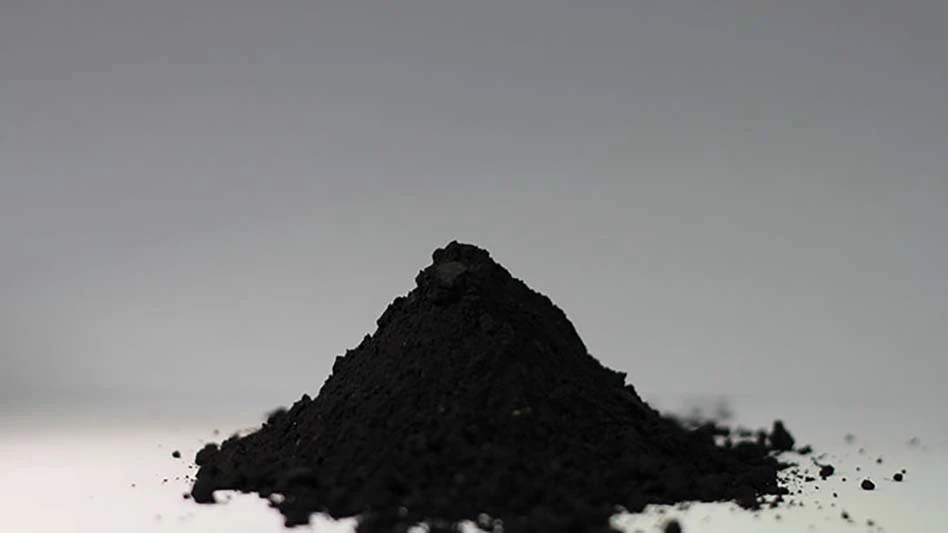
iStock
The private equity investment fund INVL Baltic Sea Growth Fund has announced plans to invest up to 30 million euros ($33.7 million) into Lithuania-based Grigeo’s cardboard business. Under terms of the agreement, BSGF Salvus, a subsidiary of the fund, will acquire up to 49.99 percent of Grigeo Investiciju Valdymas shares in two phases. The transaction is to be completed upon the fulfillment of contractual terms and conditions, subject to permission issued by the Competition Council.
In the first phase, BSGF Salvus will acquire around 33.33 percent of Grigeo Investiciju Valdymas, which consists of Grigeo Group cardboard companies Grigeo Klaipeda, Grigeo Recycling, Grigeo Recycling (Latvia) and Mena Pak (Ukraine), as well as taking over the shares of Grigeo Packaging.
In the second phase of this transaction, an additional investment of 15 million euros will increase the stake of Grigeo Investiciju Valdymas owned by BSGF Salvus to 49.99 percent.
In a news release announcing the deal, Gintautas Pangonis, president of Grigeo, says, “Investor attraction marks a new stage in our development and actively supports our step-by-step approach to strengthening our position in the Baltic region. We are confident in the growing demand for cardboard and its products and therefore plan to increase our production capacity by three times over the next five years.
“This strategy also includes the investment of 150 million euros in a new paper production plant of secondary raw material. We hope that the INVL Baltic Sea Growth Fund 's investment and team expertise will contribute to both the company's growth and a stronger position in foreign markets.”
Construction of the new factory will be financed using funds accumulated by Grigeo companies and by investments of the fund and loans granted by financial institutions. While a location for the mill has yet to be determined, it will either be in Lithuania or in one of the countries where other Grigeo-owned companies operate.
Darius Šulnis, managing partner at INVL Baltic Sea Growth Fund, says, “Rapid growth of the cardboard industry in the Baltic Sea region, the development of online commerce with global markets and a willingness of consumers to choose environmentally friendly packaging have all contributed to an ever-increasing need for paper and cardboard, mainly from secondary raw materials.
Sponsored Content
SENNEBOGEN 340G telehandler improves the view in Macon County, NC
An elevated cab is one of several features improving operational efficiency at the Macon County Solid Waste Management agency in North Carolina. When it comes to waste management, efficiency, safety and reliability are priorities driving decisions from day one, according to staff members of the Macon County Solid Waste Management Department in western North Carolina. The agency operates a recycling plant in a facility originally designed to bale incoming materials. More recently, the building has undergone significant transformations centered around one machine: a SENNEBOGEN telehandler (telescopic handler).
“INVL Baltic Sea Growth Fund is investing because our firm belief in the outlook for this industry,” he continues. “We have a market leading track record of investment in this sector with a strong team that is experienced and capable of implementing large-scale, complex projects of this ilk. These investments should further strengthen this position of competitive advantage.”
Get curated news on YOUR industry.
Enter your email to receive our newsletters.
Latest from Recycling Today
- BIR calls for fair standards, circular solutions in defining ‘green steel’
- LME reports active Q2
- Liberty Steel assets facing financing deadlines
- Sims is part of Australian recycling loop
- Tariffs target steel exporters Brazil, Canada and South Korea
- Buy Scrap Software to showcase its software at Scrap Expo in September
- LG details recycling activities
- Algoma EAF is up and running









